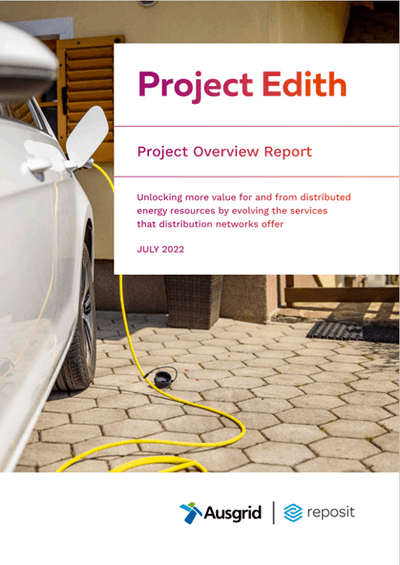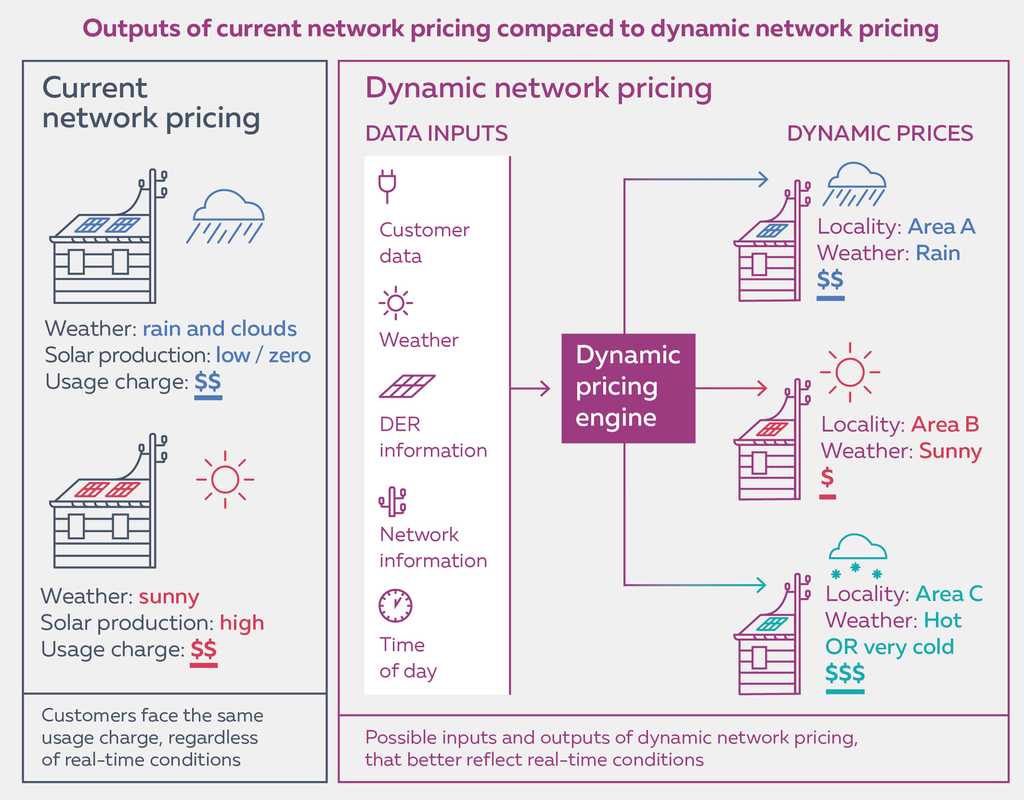Project Edith – Unlocking more value for and from distributed energy resources by evolving the services that distribution networks offer

Ausgrid and Reposit Power commissioned Blunomy (previously Enea Consulting) to prepare a report on the tools and approaches explored in Project Edith, a project focused on how Australian consumers with access to green energy solutions (such as rooftop solar and home batteries) can participate more actively in the electricity network to generate value (see more on Project Edith here).
This July 2022 project overview report is the first in a series to share the insights from the analysis conducted, and is intended for the power industry and its regulatory bodies.
ABSTRACT
Project Edith is a demonstration project in New South Wales, Australia. It is led by Ausgrid, an electricity distributor, and Reposit Power, a technology provider and power aggregator, in collaboration with the Australian National University and the energy software developer Zeppelin Bend.
Traditionally, customers get “static” network tariffs and connection limits that remain the same throughout the year. With the rise of rooftop solar, home batteries and electric vehicles, there are opportunities to develop more active approaches to generate greater value from the electricity network.
Project Edith aims to test how various solutions can work together to achieve positive outcomes for customers. Examples of approaches explored are:
-
Dynamic operating envelopes (DOEs) that allow customers to use more energy or export larger amounts of their rooftop solar when there is extra capacity in the network.
-
Dynamic network prices, which is a flexible price structure that changes frequently to reflect real-time conditions. For instance, on a sunny day, the import cost may be cheaper in the mid-afternoon to incentivise battery or electric vehicle charging from the excess solar energy produced, whereas on a cloudy day the import cost may be cheaper in the morning to encourage overnight charging (see figure below).

The project aims to demonstrate a fully functioning, end-to-end, dynamic approach to the decentralised allocation of distribution network capacity.
This report provides an overview of Project Edith, the concepts it is testing and the value these new approaches could create for and from distributed energy resources.